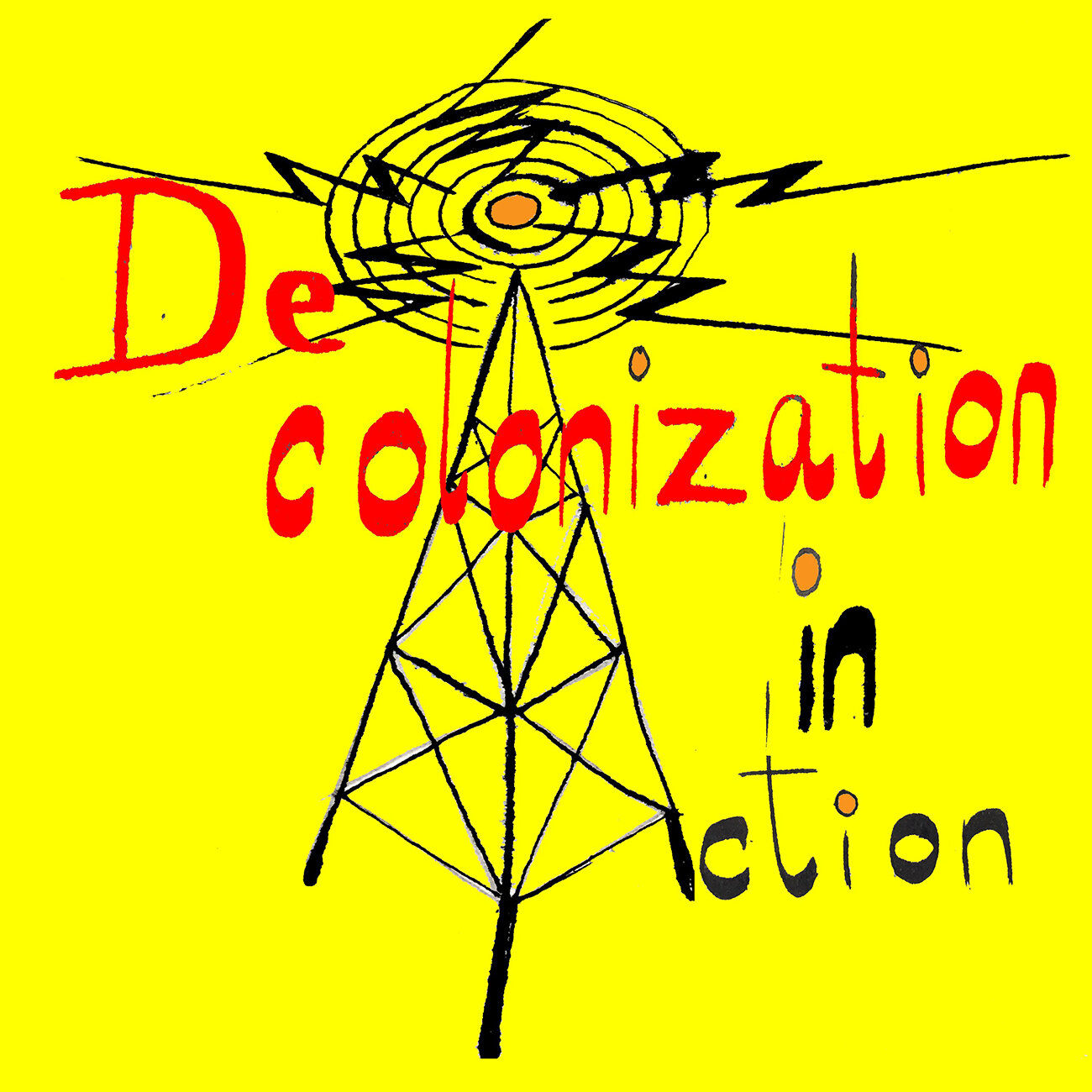Season 1, Episode 1, Part 1: Decolonizing Berlin
Episode 1, Part 1: Decolonizing Berlin
In part 1 of this inaugural episode, we invited Dr. Noa Ha and Prof. Dr. Tahani Nadim to discuss the relationship between German colonial history and Berlin—the metropole of that colonial past. We focus on Berlin’s street names and the Natural History Museum as spaces of remembrance and resistance. In this episode we ask ourselves, in what ways does colonialism continue to shape Berlin institutions and the city of Berlin itself?
“The decolonization of buildings and of public spaces is inseparable from the democratization of access.”
Transcriptions for all episodes are available upon request.
BIOGRAPHIES
Dr. Noa Ha
Born in West Germany and child of an Indo-Dutch-German family, Noa Ha is acting Scientific Director at the DeZIM-Institut and is responsible for community outreach and the promotion of young researchers. Before joining the DeZIM-Institut in July 2020, she directed the Center for Integration Research at the Technische Universität Dresden (2018–2020). After training as a landscape gardener, she studied landscape planning at the Technische Universität Berlin (TU Berlin) and did her doctorate in architecture on the topic of informality and racism exemplified by street vending in Berlin. She taught and researched in the areas of historical urbanism, urban sociology, and the sociology of space at the TU Berlin, the Center for Metropolitan Studies, and Humboldt-Universität zu Berlin. Her research investigates processes of urban production from decolonial perspectives and is based on critical race theory as well as feminist and queer theory. She’s a founding member of the “Critical Race, Postcolonial and Decolonial Studies Association” and has been active in several organizations such as Migrationsrat Berlin-Brandenburg e.V., korientation e.V. (an Asian German network) and Critical Ethnic Studies Association (CESA).
Links: Website
Prof. Dr. Tahani Nadim
Prof. Dr. Tahani Nadim is Junior Professor for Socio-Cultural Anthropology in a joint appointment between the Museum für Naturkunde Berlin and the Department for European Ethnology at Humboldt-Universität zu Berlin and a researcher at CARMAH since 2017. Her interdisciplinary research combines the sociology and the anthropology of science and focuses on problematizing data practices and data infrastructures in biodiversity discovery and natural history collections. She heads the interdisciplinary research center Humanities of Nature at the Museum für Naturkunde Berlin, which examines the politics of nature past and present. She also runs the experimental research unit Bureau for Troubles in which she collaborates with artists and curators. Her writings have appeared in Science as Culture, Big Data & Society, and the Philosophical Transactions of the Royal Society. Her most recent exhibitions include The Influencing Machine (nGbK, Berlin 2018-19) and Dead wasps fly further (Museum für Naturkunde Berlin, 2015).
RELATED LINKS
SHOW CREDITS
INTERVIEWS
edna bonhomme and Kristyna Comer (April and May 2019)
POST-PRODUCTION
edna bonhomme
MUSIC
ispeakwaves (384935, Attribution License), X3nus (450539, Attribution License, Creative Commons), pryght one (27130, Sampling+ License, Creative Commons), EHR (33987, Attribution License, Creative Commons), scotcampbell (263709, Creative Commons 0 License)
LOGO
Nina Prader, Lady Liberty Press
THANK YOU
Special thanks to Gina Grzimek, Stephanie Hood, Anja Krieger, Nina Prader, Dr. Lisa Onaga, Prof. Dr. Dagmar Schäfer, Karin Weninger, and Dr. Danyang Zhang. And a special thanks to Dr. Noa Ha and Prof. Dr. Tahani Nadim.



